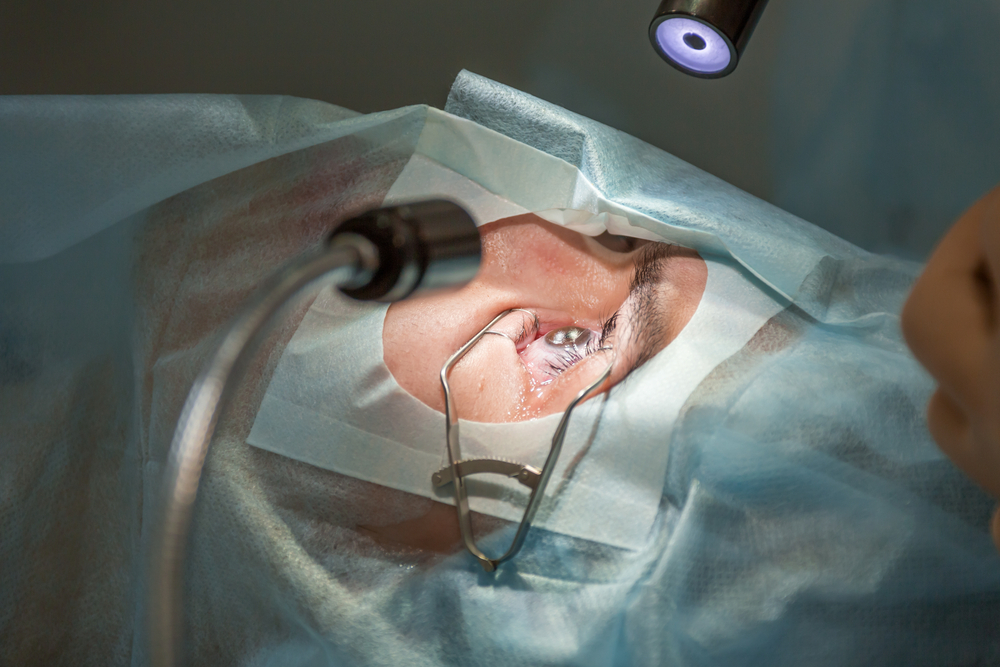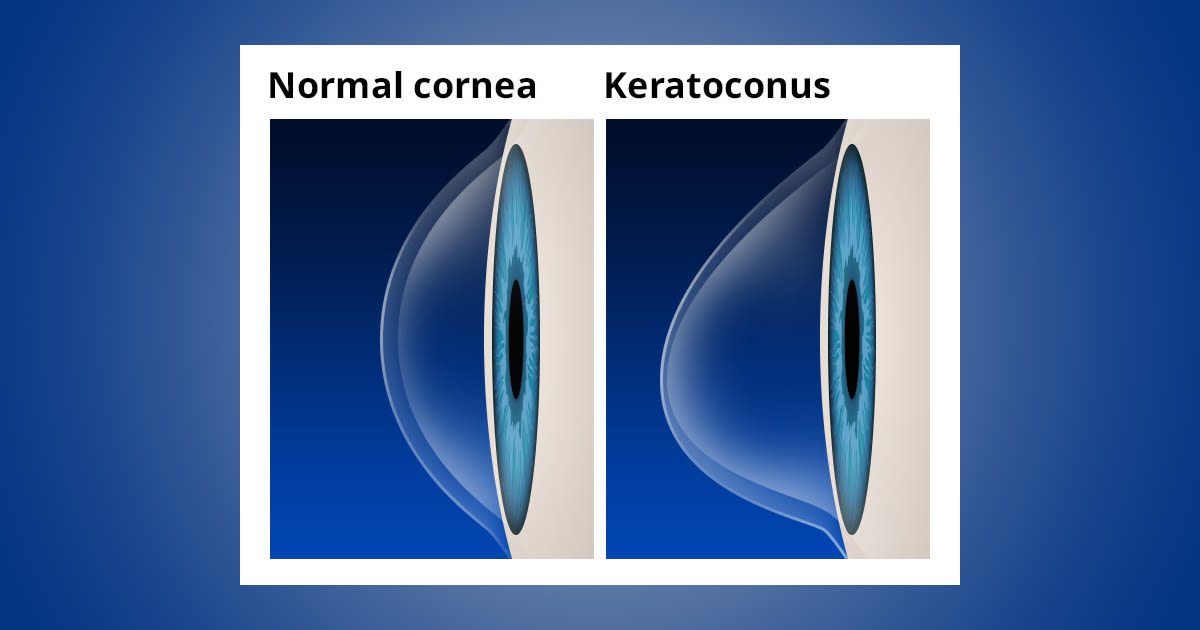There are non-surgical options available for glaucoma treatment, and surgery is typically considered when non-surgical treatments are ineffective or when the condition is severe. Non-surgical treatments are often the first line of defense in managing glaucoma. These non-surgical options include:
1-Medication (Eye Drops): Glaucoma eye drops are a common treatment to lower intraocular pressure (IOP), which is a key factor in glaucoma. These eye drops can help manage the condition effectively for many patients.
2-Laser Therapy: Laser treatments like selective laser trabeculoplasty (SLT) or argon laser trabeculoplasty (ALT) can be used to improve the drainage of aqueous humor from the eye, reducing IOP.
3-Oral Medications: In some cases, oral medications may be prescribed to lower IOP when eye drops are not effective or suitable.
4-Minimally Invasive Procedures: Minimally invasive glaucoma surgeries (MIGS) have become increasingly popular as an intermediate step between medications and more invasive surgeries. These procedures have a lower risk profile and can effectively lower IOP.
Surgery is usually considered when non-surgical treatments are insufficient or if the disease is advancing rapidly. Surgical options for glaucoma include trabeculectomy, drainage implants (such as Ahmed or Baerveldt implants), and newer micro-invasive glaucoma surgeries (MIGS) that are more invasive than laser therapy but less invasive than traditional surgeries.
The choice of treatment depends on the severity and type of glaucoma, as well as individual factors like a patient’s overall health and preferences. Your ophthalmologist will work with you to determine the most appropriate treatment plan for your specific condition.
For More Information Book an eye consultation with Dr. Seema Behl, one of the best Ophthalmologist in Andheri to protect your vision and eye health.




